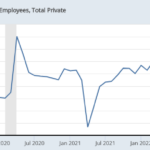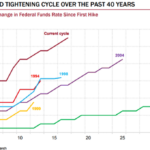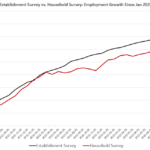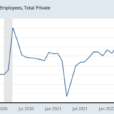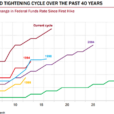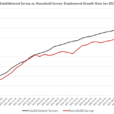
At Sure Dividend, we define blue chip stocks as companies with 100+ year operating histories and 3%+ dividend yields.
While there is no ‘perfect’ definition of a ‘blue chip stock’, we believe these criteria fit the term’s intended meaning for the following reasons:
There is a surprisingly large number of stocks that fit our definition of a blue chip stock.
The size of the blue chip stocks list is surprising.
What is not surprising about the list is the prevalence of certain industries.
The industrials sector is one that is overrepresented among the blue chip stocks list. Companies in this industry have very stable business models, which allow them to operate profitably for generations.
Emerson Electric (EMR) is one example of an industrials company from the blue chip stocks list with a particularly impressive track record.
With 60 years of consecutive dividend increases, Emerson Electric is a member of the Dividend Aristocrats (stocks with 25+ years of consecutive increases) and the even more elite Dividend Kings (stocks with 50+ years of consecutive dividend increases).
Emerson Electric’s business stability over the long run gives it appeal for conservative, buy-and-hold investors.
This article will analyze the investment prospects of Emerson Electric in detail.
Business Overview & Growth Prospects
Emerson Electric is a diversified, multinational industrial services firm.
The company was founded in 1890, has more than 110,000 employees, operates 200+ manufacturing facilities and has a market capitalization of $38.5 billion.
Emerson Electric operates in two main reporting segments:
Previously, Emerson Electric operated in 5 business lines, but it simplified its reporting structure after the significant $4 billion divestiture of its Network Power business in 2016.
Emerson Electric has experienced operating difficulties in recent years that can be traced back to low oil prices.
Many of Emerson’s customers are reliant on the price of oil to do business. While Emerson is not directly affected by low oil prices, the company has still been negatively impacted as its customer orders have meaningfully declined.
Fortunately, the rebound has already begun. The company’s Commercial & Residential Solutions segment has returned to positive order growth, and the company-wide orderbook has reached a noticeable inflection point.




